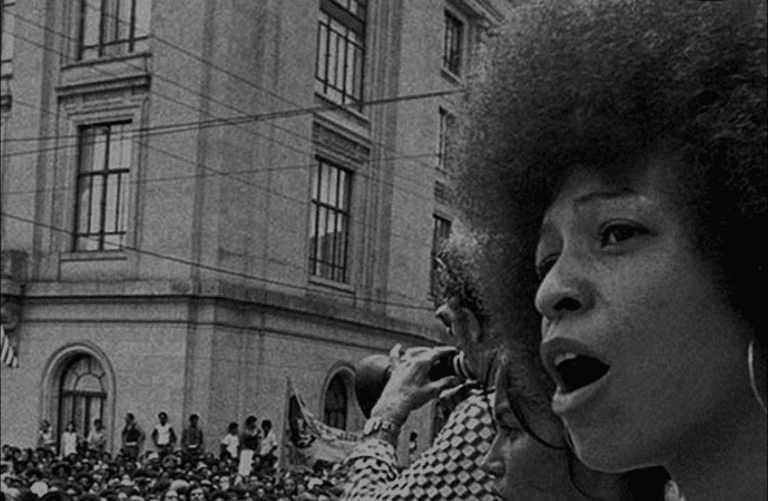What is Medical Racism?
Medical racism is prejudice and discrimination in medicine and within the medical and healthcare systems based upon preceived race or ethnicity. Medical racism can manifest itself in four different ways::
- conceptual idea of race
- racial discrimination resulting in different medical treatment
- the experience of racism negatively impacting one’s health
- institutional racism
Collective Racial Discrimination
Race is a social, not biological, construct. The idea of race as a biological construct started with the founding of the United States to justify the continued enslavement of the Black population. For centuries, the medical field has continued to operate on the belief that race is a valid biological category, despite there being no scientific evidence to support these conclusions. Despite this lack of evidence, for decades, Black people were viewed as biologically inferior to whites, a belief that reverberates through the health care system in the United States to this day.
Tuskegee Experiment
The Tuskegee Syphilis Experiment, sponsored by the United States Public Health Service, took place from 1932 – 1972. In the study, Black men were told they were being given free healthcare, but in reality they were enrolled in a study looking at the natural course of untreated syphilis. During the study, information was withheld from the the participants and none of the infected were treated with penicillin, even though by 1947 it was standard treatment for the disease. As a results, 28 of the 299 participants died of syphilis, 100 died of related complications, 40 had infected their wives, and 19 children were born with congenital syphilis. They study went on for 40 years and only stopped when it was leaked to the press.
Henrietta Lacks
Ms. Henrietta Lacks was a Black woman and mother of four, living in Baltimore in 1951 when she went to Johns Hopkins Hospital to be treated for cervical cancer. At one of her biopsies, her cells were unknowingly taken from the tumor and cultured until they became the HeLa cell line, one of the most important cell lines in history. Ms. Lacks died shortly after the biopsy but unbeknownst to her family, her cells, which were the first immortalized cell line in history, when on to be used for medical research and commercial purposes. Her family did not find out about the cell line until 1975. To this day they have received none of the profits from their mothers cells.
History of Gynecology
James Marion Sims, credited as the Father of Modern Gynecology, was a 19th c. gynecologist Sims’, a slaveholder himself, research studies were performed on enslaved Black women without consent (the only consent needed was from the slaveowners) and anesthesia. One young woman, Anarcha, was operated on by Sims 30 times without anesthesia. His reasoning for not using medical anesthesia was that Black people do not feel pain. Only after four years of experimenting on Black women and ‘perfecting his process’ and with the use of anesthetics, did Sims begin operating on white women.
Institutional Racism
A number of studies have shown that white privilege & a lack of understanding around healthcare discrimination continues to this day. One study identified a process of acculturation in medical students, where first year medical students were more likely to perceive unfair healthcare treatment than their fourth year peers. Another found that white medical students were less likely to believe that doctors could be prejudiced or that racism exists in the US. That same study found medical students had significant difficult with cultural diversity.
Medical Racism in Numbers
- The average lifespan for Black Americans is 6 years less than their white counterparts.
- Black women are less likely to have breast cancer than white women, but 40% more likely to die from the disease.
- A Black woman is 22% more likely to die from heart disease than a white woman.
- A Black woman is 71% more likely to die from cervical cancer than her white counterpart.
- A Black woman is 245% more likely to die from pregnancy or childbirth related causes than a white woman.
- The infant mortality rate for babies born to white mothers with an eighth grade education or less is similar to the infant mortality rate of babies born to Black mothers with an advanced professional degree.
- Black men and women face higher risks of chronic illness, infection and injuries.
- Black children are more likely to be uninsured than white children.
- 15% of Black people believe they would receive better health care they were a different race compared with 1% of white people.
Additional Learning
Medical Apartheid by Harriet A. Washington
Medical Bondage by Deirdre Cooper Owens
Body and Soul: The Black Panther Party and the Fight Against Medical Discrimination by Alondra Nelson
Forty Years of Medical Racism: The Tuskegee Experiments by Michael Uschan
The Immortal Life of Henrietta Lacks by Rebecca Skloot
Reproductive Injustice: Racism, Pregnancy, and Premature Birth by Dana-Ain Davis
Just Medicine: A Cure for Racial Inequality in American Health Care by Dayna Bowen Matthew
Copyright © 2024 Brown Bag Farm Goods |
Site by CannaPlanners




